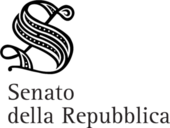
Senate of the Italian Republic
Thursday, September 29, 2016 ore 9-14
Institute Hall of Santa Maria in Aquiro, Piazza Capranica 72 – Rome
National Symposium “The Traditional Medicine, Complementary and Non Conventional in the National Health Service for equal health rights beyond regionalism experiences: Salutogenesis and Prevention, Learning Defined Profile, Good Clinical Practice, Clinical Research Nonprofit. Critical social needs, future prospects: an interdisciplinary approach. ”
Introduction: Sen. Dott. Maurizio Romani
Vice President of the Hygiene and Health Commission Senate
Presentation: Dott. Paolo Roberti di Sarsina
Charity for Person Centered Medicine-Moral Entity, Bologna
Via San Vitale 40/3a – 40125 Bologna, Italy
http://www.medicinacentratasullapersona.org
info@medicinacentratasullapersona.org
In Europe no less than one hundred million people regularly make use of health services for Non Conventional Medicines in preventive and curative level.
According to the World Health Organization to respond adequately to the new challenges of the twenty-first century, medicine has to focus on the health of the person rather than the disease.The doctors and all those who have ethical, professional, social and economic responsibility on population health levels must embrace the global vision that takes into account cultural differences, the factors of inequality and of the evidence proven effectiveness.
Operators, decision-makers at different levels of welfare systems and health organizations and well-being regardless of their nature (public, market, third sector) are called to give new answers health and a logical and democratic exchange to design, implement and manage an innovative social and health initiatives that develop the public sphere for a new and more adequate system of health and well-being, the center of which is the person.
The results of numerous studies conducted on the quality of health care in the United States, in Europe and in Italy show that if a patient has required an assessment of the quality of medical treatment, his priorities are:
- humanization,
- personalization of treatment, and the
- need to have adequate information in a comfortable environment for a free choice of health path.
Original Document, in Italian
Full text, translated from Italian:
The word “medicine” is different for each culture and the people who benefited; why there are so many systems of healing and care how many cultures exist in the world.
In fact, according to the World Health Organization about 80% of the world population living in Third World countries depend on their traditional indigenous systems such as primary sources for prevention, treatment and rehabilitation.
The Health Systems, the Health, the Medicine Knowledge of basic Anthropological are medical systems from knowledge of different cultural origins, sometimes daughters of a millenary wisdom.
Each from its own point of view, these approaches have an image of the human being holistic. Medicines based Anthropological relate the patient’s physical symptoms with all other dimensions of existence, therefore have in common the fact of being person-centered. These systems are based on the vision that the well-being is intrinsically and ontologically connected to the wholeness of the person, and to his being in-dividual, in-separable in body, soul and spirit, understanding why all the behavioral, psychological, spiritual, environmental and cultural. For simplification purposes, we could say that while biomedicine or dominant Western medicine has a so-called militaristic vision (in the sense of focusing to treat diseases in the various parts of the body through the localization and elimination of symptoms, using technologies often inaccessible, even for economic reasons in many parts of the world), the Health Systems based Anthropological are based on a continuum of care and on a much more developed philosophically and ecologically concept of prevention, the maintenance of health, local ecosystem as medicine, food as medicine and caring relationship, the “caring” long-term, being by far the most affordable and sustainable from the economic point of view especially when referring to nosology paintings of great demographic impact and thus of high prevalence and high incidence in the budgets of the NHS.
In Europe no less than one hundred million people regularly make use of health services for Non Conventional Medicines in preventive and curative level.
According to the World Health Organization to respond adequately to the new challenges of the twenty-first century, medicine has to focus on the health of the person rather than the disease.
This concept has always been the foundation of Traditional Medicine, being founded on three simple but effective principles:
a) preserve the health is the best approach to prevention;
b) it is better to strengthen the body before the onset of the disease rather than treating the disease once present;
c) it is preferable to adjust the lifestyle and dietary regimes prior to the onset of medical problems rather than prescribing treatments once insurgents problems.
The doctors and all those who are responsible ethical, professional, social and algorithmic on population health levels must embrace the vision of globalization as outlined above. These are, for example, the principles that underpin the structure of the new National Plan of Prevention 2014-2018 where it is privileged perspective of the system that takes into account cultural differences, the factors of inequality and of the evidence proven effectiveness.
Operators, decision-makers at different levels of welfare systems and health organizations and well-being regardless of their nature (public, market, third sector) are called to give new answers health and health and to take all decisions’ internal organizational systems whose geometry is ongoing and affected by a demand for increasingly global health. They are called in an exchange logic and democracy to design, implement and manage an innovative social and health initiatives that develop the public sphere for a new and more adequate system of health and well-being, the center of which is mail the person.
And ‘in fact necessary to consider not only the objective world of health but also, and above all, the subjective one because it will be an integral part of the therapeutic process. Health can not be separated from the individual’s perception of well-being and ability to participate in the social system considers the perceptions of well-being that result from personal contributions to personal, family and social determinants as a full and satisfying life and therefore, overall health , and the mental, in particular, they are the result of the adaptive feedback established with the environment.
Health is spontaneously generated by the balance of the behavior and relationships to each individual’s level. This is the real meaning of health promotion in the management of public health according to Traditional Medicines, which are based on universal principles is not limited to a particular ethnic group or culture, but Centered on the person, so intercultural and fundamental to the interaction of health systems existing as well as a cultural model for the recovery of local traditional values and based on prevention, protection of the person rather than on the cure of the single or associated pathology.
The pragmatic prevention strategies suggested by Traditional Medicines and Non Conventional, including factors such as the promotion of health education, individual awareness, integration of spirituality and ethics in health care systems, can and should be applied in the management of public health, in order to improve the perceived quality of life and also objective, promoting healthy aging, limit the use of drugs and reduce the direct costs, indirect and social aspects of chronic diseases in wider prevalence.
The human being is not just a mere fragmentation physical, molecular reality, but there is a continuum psicopatobiografico as a result of countless interactions which is at the basis of the ability to listen, evaluation, treatment that is the spirit, the engine of a person-centered approach to the patient and not just the symptom.
The results of numerous studies conducted on the quality of health care in the United States, in Europe and in Italy show that if a patient has required an assessment of the quality of medical treatment, his priorities are: humanization, personalization of treatment, need to have adequate information in a comfortable environment for a free choice of health path.
In recent years the scientific debate on Traditional Medicines and Non Conventional and their interaction with biomedicine, ie academic medicine, dominant in Western society, it has facilitated and legitimized an increase in demand. Is taking steps, as well, a process of cultural transformation that involves our way of life and shifts the focus from the symptom to the idea, more generally, of the welfare of the person searching. Attention is also paid to the capacity for self-healing, awakening of individual potential, that support and amplify the benefits of the treatments and accurate information to the citizens so that they can freely choose their nursing program. It is the right of every person to be treated with dignity and respect, enhancing the experience of the treatments. It is important to reduce inequalities, being aware of the “social health gradient” for the sustainable balance and pharmacoeconomics.
It is important, therefore, favor a change in the political processes and health care. modern professional ethics, which aims to achieve a successful relationship between doctor and patient, should develop a renewed ability to listen to a renewed understanding. This implies that the attention to the most microscopic organism aspects should also be added attention natural and social environment in which people live and get sick. That’s why a medicine based on trust is necessary. The attention to the patient in the choice of individual health programs leads to a different social vision of the quality of health care.
A Person-Centered Medicine and Primary prevention can give mental and physical balance to the individual and is the stepping stone to a sustainable balance for current and future societies.

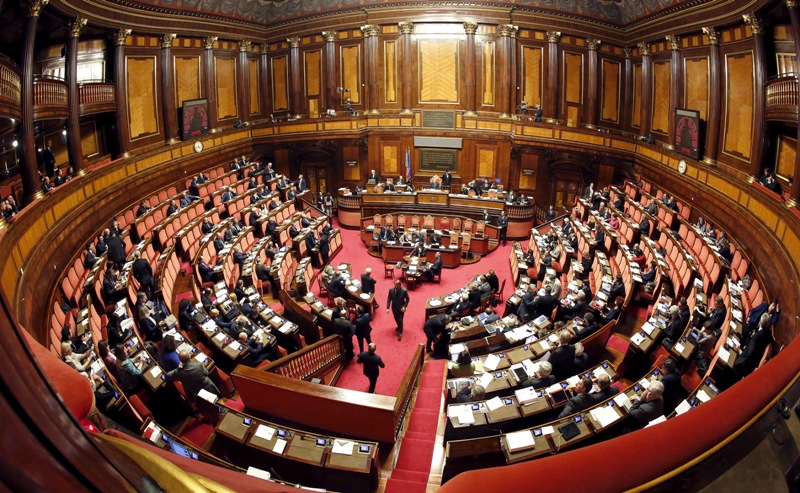
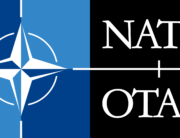
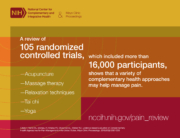
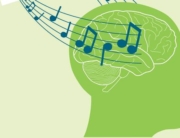
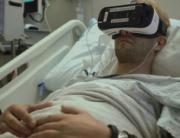


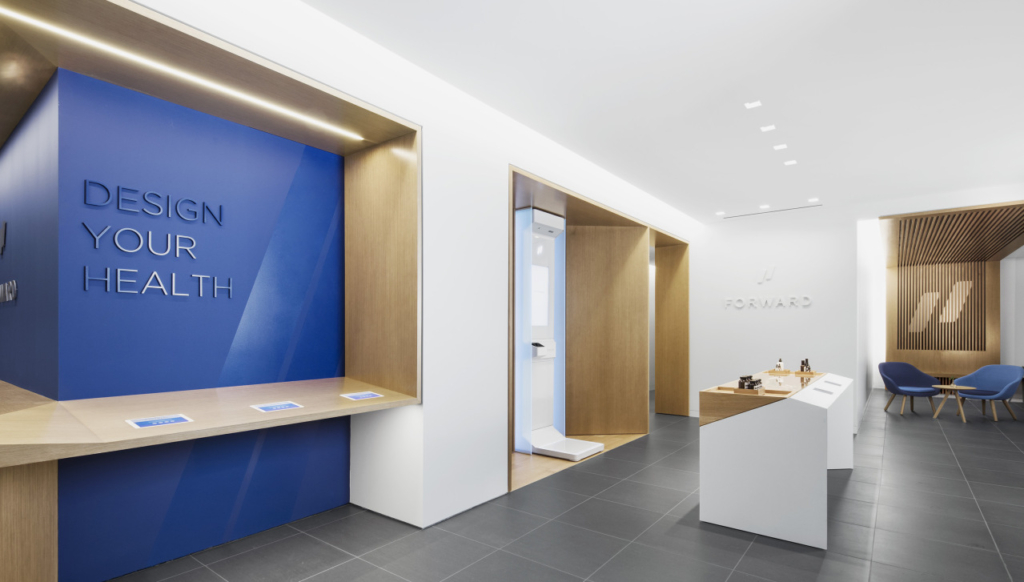



Leave A Comment